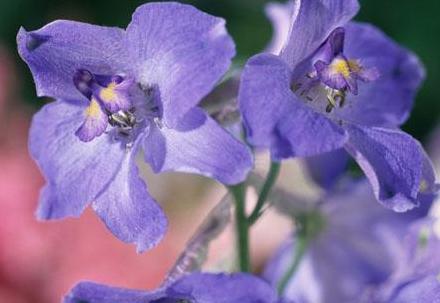Growing and Caring for African Violets Indoors
Here at Gertens, we have quality tips for growing and caring for African violets indoors. They tend to bloom on and off throughout the entire year, so they are a colorful addition to any home.
 |
| African Violets can often be overwatered, so take care not to! Easy to use soil moisture meters can help you ensure your African Violet gets just the right amount to drink. |
African violets do best when they are placed in a well lit area. In the winter, a south or west facing window is good for them; in the summer, they need to be moved into an east or north window where they won’t get too hot. They need to be kept at about 60° to 70°. They don’t like to be chilled so make sure that there are no drafts in the growing location.
They can be fertilized regularly with a weak solution of fertilizer or once every month with a half strength fertilizer. Specifically formulated African Violet plant food is also available to provide the perfect blend of nutrients.
The biggest problem with African violets is overwatering them, this can cause crown or root rot. What is crown or root rot? It can be but is not necessarily fungi related. Basically what happens is that the leaves turn yellow and mushy and fall off. It looks as if the plant is having an excessive amount of premature dieback. A word of caution-often when we spot droopy leaves, our first instinct is to water the plant. Because overwatering is at the “root” of this problem, this could be detrimental to the plant’s health. In order to prevent this problem, make sure that the potting mix that you use isn’t too heavy and is free from disease organisms. African Violet potting mixes are designed specifically to meet needs of of these plants. Or you can add Perlite to your mixture to help ensure proper drainage. Easy to use soil moisture meters can also help ensure your African Violet's soil is at the proper moisture level.
If you are having trouble getting them to flower especially in the winter, try placing them under a fluorescent light during the night.
They don’t tend to have many problems with insects but if you do need to treat them make sure that you are using an insecticide that is recommended for African violets.
